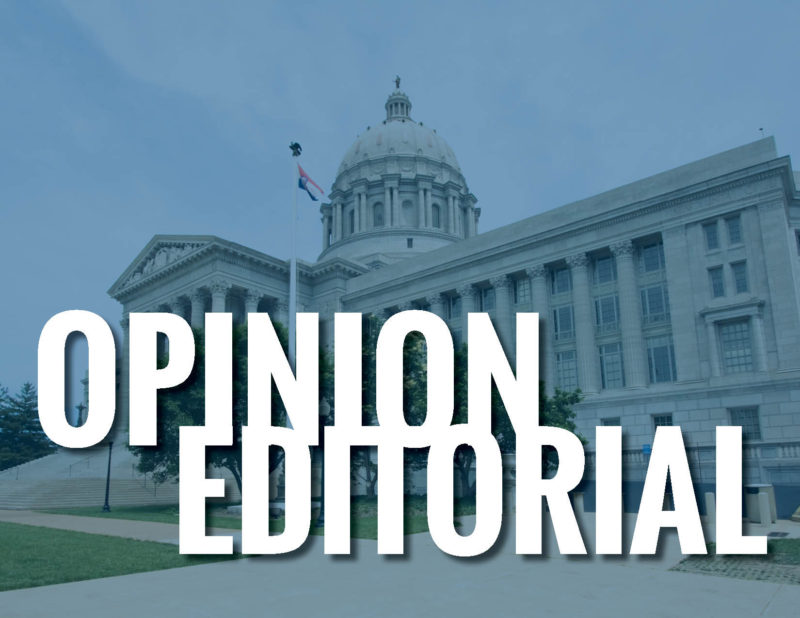On March 28, I had the privilege of testifying before the Missouri Senate Transportation, Infrastructure & Public Safety Committee. I testified in opposition to Senate Joint Resolution (SJR) 25, sponsored by Sen. Doug Libla (R-25, Poplar Bluff). This legislation proposes to put the question to Missouri voters to deregulate the entire state’s electric utility market. This would apply to investor-owned utilities, rural electric cooperatives and municipal utilities.
The reason I testified is because of my career-long experience of governing electric utilities in America. I served four terms as a state senator in Arizona, I was elected to the Arizona Corporation Commission (similar to the Missouri Public Service Commission) and was appointed by President George W. Bush to serve as a regulator on the Federal Energy Regulatory Commission (FERC). I understand how utilities operate and I know how regulatory models work. And…Missouri’s utility regulatory model is working very well today. Utilities here do a great job of keeping their rates well below the national average and a great job of keeping the lights on.
So why would SJR 25 be so harmful to consumers and the regulatory model that’s working so well in Missouri? First, putting the deregulation question to voters would be very complicated. A lot of education would be required prior to the November 2020 election to explain the many ‘divorce costs’ of deregulation and how expensive this will be for consumers. Second, the state’s current utilities would be forced to sell all of their power plants (often to out-of-state owners) and then purchase electricity back for their customers’ use, often at several times the cost of what the state’s utilities could generate electricity for themselves. Third, the Missouri PSC would no longer have any authority for the regulation of how the power plants operate or to ensure marketers have a commitment to provide electricity to customers in Missouri.
All of this drives costs up for consumers; not down, as purported by the bill’s sponsor. In fact, several of the states which have deregulated are now trying to reverse this decision and return to a regulatory model similar to what Missouri has in place now.
Today, 15 U.S. states and the District of Columbia have restructured/deregulated their power markets. Of those, 12 have electricity rates that average 36% higher than the states which have not deregulated. Even in states where energy costs have been cheaper immediately following deregulation it’s often because of artificial price caps that are put in place while the free market adjusts to this new model. For example, in Illinois, the politicians imposed a ten-year rate freeze following deregulation in 1996. Then, when the rate freeze expired in 2006, electricity rates jumped by 50% or more. Illinois politicians took further action by selling bonds to help keep energy costs artificially suppressed, which cost consumers even more. Just now, nearly 25 years after deregulation, Illinois’ electric rates are coming close to matching what consumers pay for energy in Missouri.
According to data from the U.S. Energy Information Administration, Missouri’s electricity rates, for all sectors combined…residential, commercial and industrial, have never exceeded the national average from 2001 through 2018. And today, Missouri’s average cost per kilowatt-hour remains nearly 10 percent below the national average.
Electricity is the lifeblood of our economy and our daily lives. Missouri consumers continue to benefit from the state’s current regulatory model. It is my view that the risks and potential negative consequences of retail restructuring far outweigh any potential benefits.

Marc L. Spitzer is an attorney for Edison Electric Institute with Steptoe & Johnson LLP.




